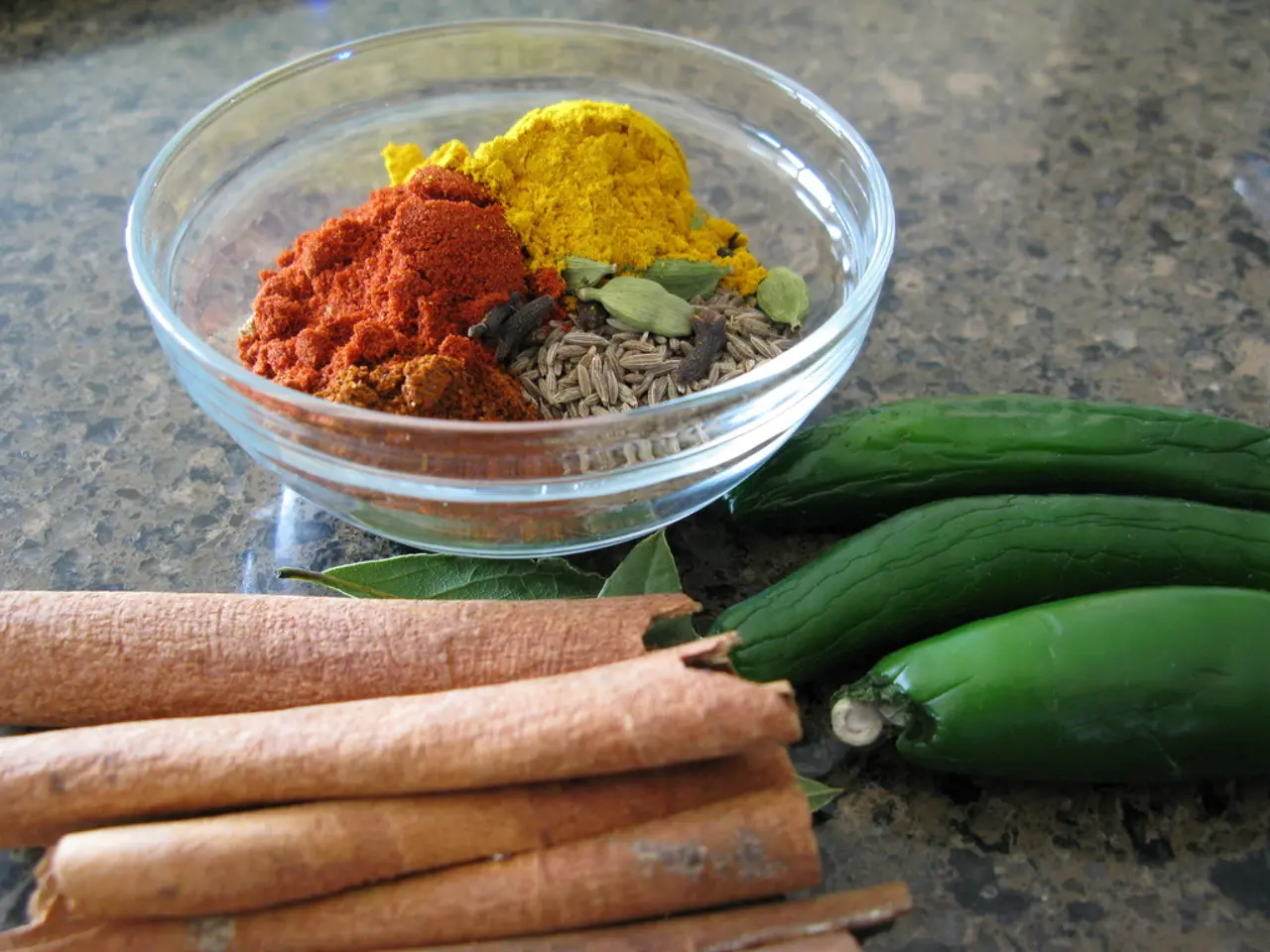Uplifting Eats: Discover 10 Foods That Boost Your Spirit
A balanced diet, regular exercise, and spending time in nature are recommended for long-term good mood. But did you know that certain foods can also contribute to serotonin production, a neurotransmitter that regulates mood, sleep, and overall well-being?
The Pathway to Serotonin Production
Tryptophan, an essential amino acid found in everyday foods, is the precursor to serotonin. After being metabolized into 5-HTP via the enzyme tryptophan hydroxylase, 5-HTP is then converted to serotonin (5-HT).
Tryptophan-Rich Foods for Better Mood
Foods rich in tryptophan include turkey, chicken, cheese, and dark chocolate. Interestingly, tryptophan's effectiveness is enhanced when paired with carbohydrates, which help it cross the blood-brain barrier to increase serotonin production and induce feelings like drowsiness.
Turkey, for example, contains about 0.25 g tryptophan per 100g. Dairy products like cottage cheese, ricotta, and mozzarella provide tryptophan as well as calcium, which helps convert tryptophan to melatonin, another sleep-related hormone synthesized from serotonin.
Dark chocolate contains tryptophan along with mood-improving compounds, further boosting serotonin and dopamine production, supporting positive mood regulation.
Additional Nutrients for Optimal Serotonin Production
Other nutrients like vitamin D and omega-3 fatty acids, found in fatty fish like salmon, may support serotonin regulation and improve mood and sleep quality, especially during periods of low sunlight exposure.
Bonus Foods for Mood Boost
Chickpeas, a high-quality plant-based protein source, contain iron, B vitamins, and calcium, making them a great addition to a mood-boosting diet.
Bananas contain tryptophan and various vitamins, making them a healthy mood booster. Dates, rich in trace elements, fiber, vitamins, and minerals, can promote deeper and better sleep when consumed in the evening.
Avocados are rich in healthy monounsaturated fats that help balance hormone levels and provide tryptophan for a good mood. Ground flaxseeds, packed with essential nutrients like omega-3 fatty acids, promote digestion and enhance mood and cognitive performance.
Caution and Professional Advice
While these foods can help boost mood, it's important to remember that a serotonin deficiency can lead to symptoms like depressive mood, anxiety, aggression, and increased appetite. If feelings of overwhelm or strong negative feelings persist, professional help is still recommended.
Chili peppers, while not a direct source of tryptophan, trigger pain sensors in the body, releasing endorphins, hormones that bring happiness and well-being, and have anti-inflammatory and antibacterial effects. Onion juice, used in naturopathy for respiratory conditions and digestive issues, is said to help against fears and depressive moods.
In summary, eating tryptophan-rich foods helps provide the raw material needed for serotonin production, thereby supporting improved mood and sleep, especially when these foods are consumed with carbohydrates that facilitate tryptophan’s entry into the brain. Other nutrients further assist this process, making a balanced diet crucial for maintaining optimal mood and well-being.
Science shows that certain foods containing tryptophan, such as turkey, chicken, cheese, dark chocolate, and chickpeas, can contribute to serotonin production, a neurotransmitter crucial for mood, health-and-wellness, and mental-health. Additionally, nutrition from vitamin D, omega-3 fatty acids found in fatty fish, bananas, dates, avocados, and ground flaxseeds can further aid in optimal serotonin production for improved mood and sleep quality.




